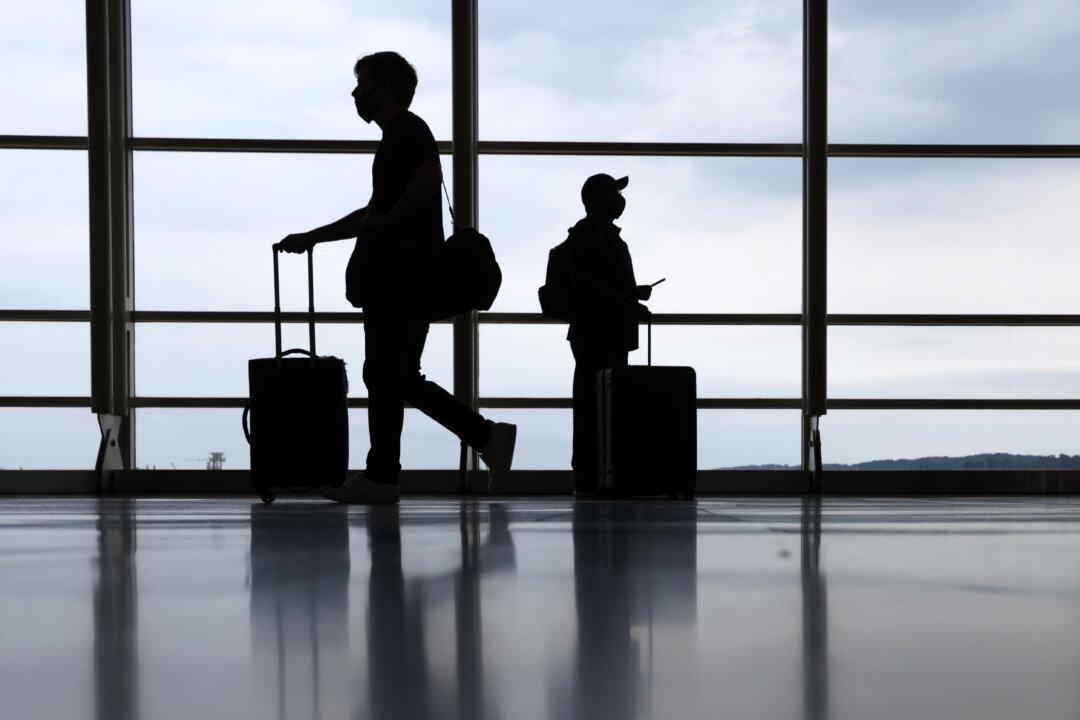Many countries are opening up their borders to welcome post-pandemic travel from around the world in a bright turn for the global economy after reeling from prolonged COVID-19 restrictions and lockdowns.
According to travel platform Kayak, 118 countries have opened their borders to American citizens, without COVID-19 testing or quarantine requirements. Sixty-one countries require testing, 15 require testing and quarantine, while 33 countries remain closed. Of the countries with restrictions, 17 do not allow entry to Americans, despite following COVID protocols, such as China, North Korea, and Yemen.





